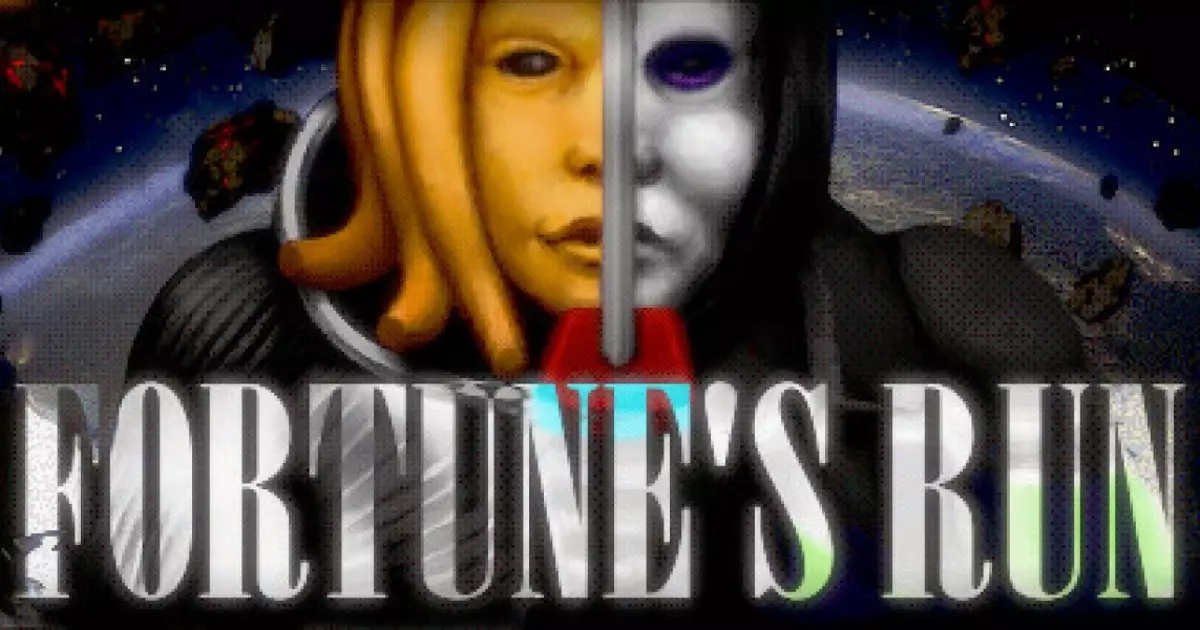In an unexpected turn of events, the development of the much-anticipated immersive sim-shooter, *Fortune’s Run*, will come to a grinding halt. The lead developer, known as Dizzie, has announced a hiatus for the project due to a three-year prison sentence stemming from a violent crime. This announcement, shared through a developer update on Steam, presents a narrative of regret, turmoil, and the consequences of one’s past actions. Such a situation brings to light the fragility of indie game development, which often hinges on the efforts of a few dedicated individuals.
The fact that Dizzie’s legal issues extend over a five-year period raises questions not only about their current situation but also about the implications for the game’s future. This is compounded by the fact that fellow developer, Arachne, has recently exited the gaming industry following complications from a surgical procedure. The pressures and challenges facing a small development team highlight the precarious nature of indie game projects, often influenced by personal circumstances that are completely beyond the scope of the game itself.
Dizzie’s candid reflection on their past reveals a complex and difficult personal history. In the Steam post, the lead developer elaborates on having led “a very different life” before being immersed in game development. The admission of being a “violent person” who “hurt a lot of people” lays bare the harsh realities that many face when running from their past. The gravity of one’s actions eventually catches up, and in Dizzie’s case, it culminated in a prison sentence. This tragic irony illustrates the duality of creativity and chaos, as the very passion for games is marred by the surrounding turmoil.
Yet, it is essential to recognize the importance of accountability and acknowledging the consequences of one’s actions. While incarceration may lead to a greater degree of reflection and potential rehabilitation, it simultaneously halts the progress of creative endeavors, affecting countless fans eagerly awaiting the completion of *Fortune’s Run*. As Dizzie admits, the weight of their legal troubles has likely contributed to Arachne’s departure and the overarching stress leading to individual struggles within the team.
Following Arachne’s withdrawal from development work, the team dynamics noticeably shifted. As an essential contributor to the quality assurance and level design of *Fortune’s Run*, Arachne’s absence places additional burdens on Dizzie. The inability to collaborate in such an intense period not only affects the game’s development but underscores the importance of teamwork in the gaming industry. Creative partnerships can be both a source of inspiration and a critical support network – without which, projects may falter.
Dizzie’s mention of stress and chaos created by personal dilemmas indicates a broader conversation about mental health and well-being in game development. The industry often demands rigorous schedules, high-stakes problem-solving, and emotional resilience. The repercussions can manifest into a cycle of burnout, dissatisfaction, and ultimately, exits from the field. The narrative serves as a powerful reminder of what lies beneath the surface of game development — human experiences fraught with struggle, recovery, and personal growth.
As the dust settles on this unexpected hiatus, the future of *Fortune’s Run* remains uncertain. Despite the current state, there is hope as Dizzie expresses ambition to resume development upon release from prison. With existing sales strong enough to sustain some financial stability, there exists a possibility for the project to be revitalized in the future. Furthermore, the lead developer has been proactive in working on stubs and prototypes for remaining content, which may suggest an eagerness to pick up the pieces post-incarceration.
However, the path forward will not be easy. Rebuilding momentum and re-establishing connections within the industry will take time and effort. More importantly, Dizzie will need to confront the personal issues that led to this hiatus to ensure a healthier future trajectory, both personally and professionally. The hope is that this difficult chapter can transition into a story of redemption and creativity — one where the lessons learned will inform a more grounded approach to both life and game development.
The saga of *Fortune’s Run* touches upon the complex interplay of personal accountability, the pressures faced within small development teams, and the possibility for redemption. As the indie gaming community watches with bated breath, one can only hope that this hiatus leads to profound personal growth and, ultimately, a triumphant return to the realm of game development.

